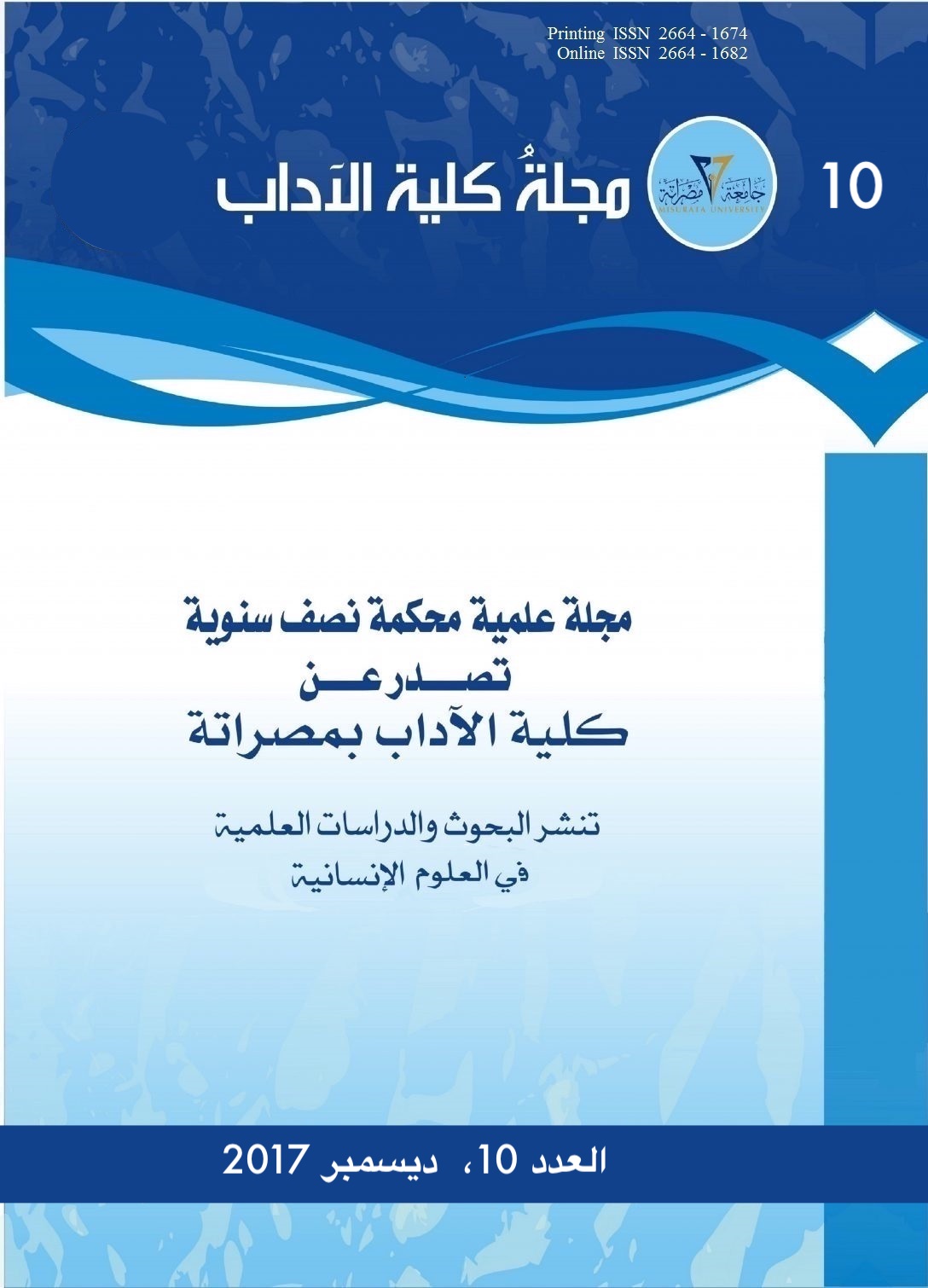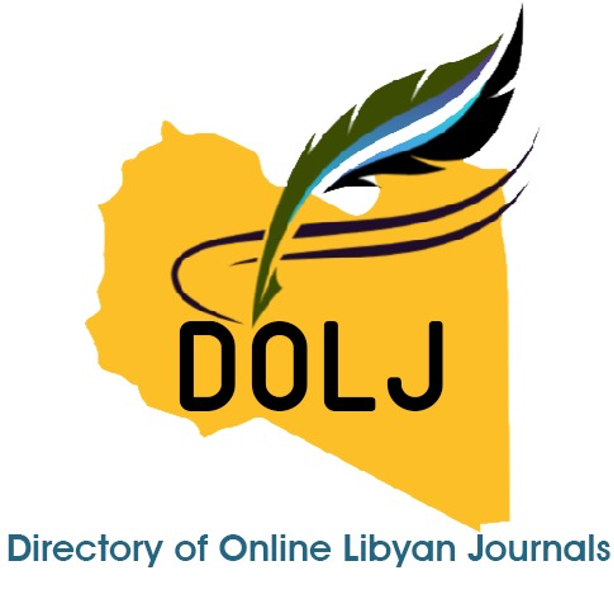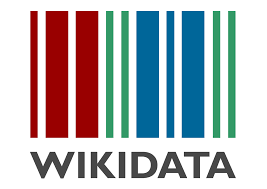الموقف الأمريكي تجاه القضايا العربية 1990- 2016: (الصحراء الغربية أنموذجا)
DOI:
https://doi.org/10.36602/faj.2017.n10.12الكلمات المفتاحية:
قضية الصحراء، الحرب الباردة، التغيرات الجيوسياسية، النزاع الإقليمي، الولايات المتحدةالملخص
تُعد قضية الصحراء من أقدم القضايا النزاعية في المنطقة، حيث نشأت في سياق الحرب الباردة وجذبت اهتمام قوى دولية متعددة. تنوعت أدوار هذه القوى بين الوساطة والدعم المباشر، خاصة خلال فترة الصراع بين المعسكرين الشرقي والغربي. مع انهيار الاتحاد السوفيتي وصعود الولايات المتحدة كقوة عظمى، تأثرت القضية بتغير التوازنات الجيوستراتيجية والمصالح الدولية والإقليمية، مما انعكس سلبًا على المنطقة العربية. استغلت الولايات المتحدة مكانتها الدولية لتأطير النزاع، وطرحت مبادرة "بيكر" لتسوية القضية وتعزيز المفاوضات في نيويورك بين أطراف النزاع. تهدف الدراسة إلى تحليل تأثيرات قضية الصحراء، ورؤية الولايات المتحدة لها، وكيفية تعاملها معها ضمن السياق العربي.
التنزيلات
منشور
كيفية الاقتباس
إصدار
القسم
الرخصة
الحقوق الفكرية (c) 2017 مفيد خليفة عمر البكباك

هذا العمل مرخص بموجب Creative Commons Attribution 4.0 International License.
جميع البحوث المنشورة في هذه المجلة ابتداءً من يناير2025 مرخّصة بموجب رخصة المشاع الإبداعي – النَسب 4.0 الدولية (CC BY 4.0)، والتي تتيح استخدام المحتوى، ومشاركته، وتعديله، وإعادة توزيعه لأي غرض، بما في ذلك الأغراض التجارية، شريطة الإشارة المناسبة إلى المؤلف الأصلي والمصدر، وتوفير رابط للترخيص، وبيان ما إذا كانت قد طرأت تعديلات على العمل.

















